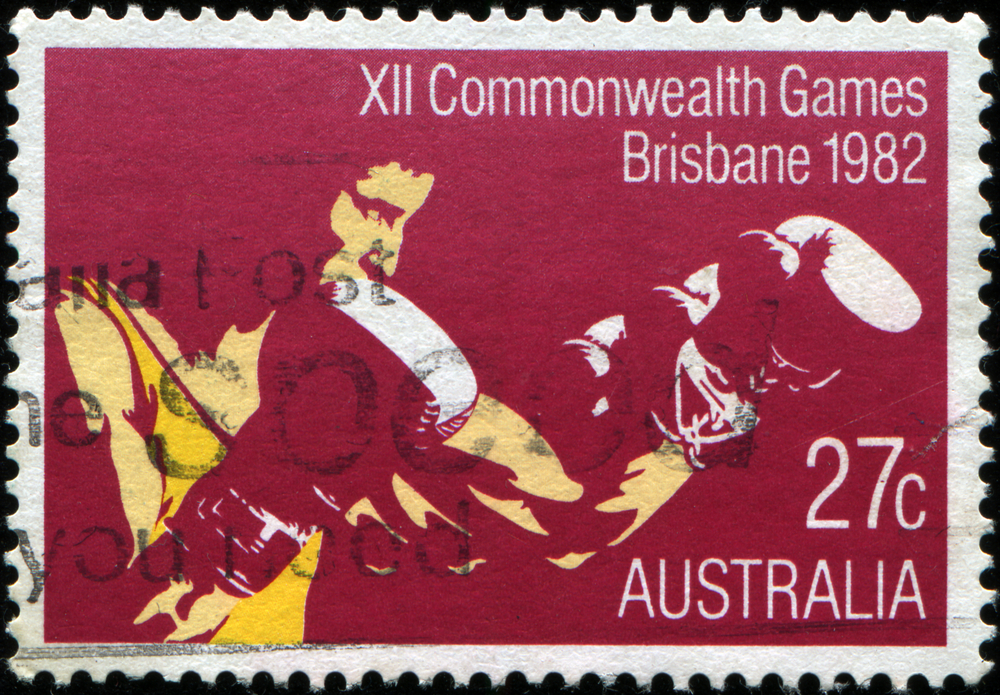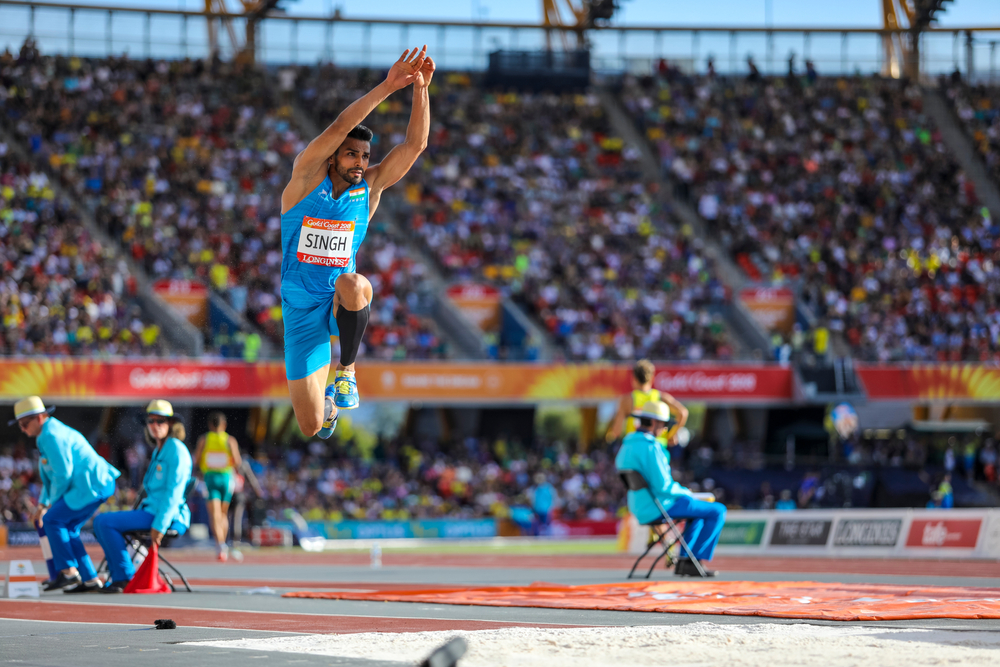Introduction
The Commonwealth Games stand as a testament to diversity, togetherness, and unmatched athletic ability in a world where division and inequality are the norm. This incredible event, which takes place every four years, unites athletes from all over the Commonwealth in a celebration of athleticism and friendship, bridging cultural and national divides. The Commonwealth Games are a colourful mosaic that showcases the diverse tapestry of nations and cultures that define this incredible sporting extravaganza, from the scenic landscapes of Scotland to the busy streets of India. Come explore with me the profound meaning of the Commonwealth Games, take in its rainbow of diversity, and discover how sports can promote harmony and understanding on a global basis.
A Synopsis of the Commonwealth Games’ History
The first Commonwealth Games, originally called the British Empire Games, were held in 1930 in Hamilton, Canada. Since then, the Games have experienced a remarkable transformation, expanding from a small assembly of eleven participating countries to an international spectacle spanning six continents and more than 70 Commonwealth nations. The Commonwealth Games have established themselves as one of the world’s biggest multi-sport events over the years, drawing thousands of competitors and spectators from various cultural and ethnic backgrounds. This exponential growth is evidence of the Games’ lasting appeal and significance, as well as their capacity to bring people together from different countries, celebrate athletic achievement, and foster international friendship and understanding.

Honoring Diversity in Athletics: The celebration of diversity is one of the Commonwealth Games’ key characteristics. With competitors representing a wide range of countries, cultures, and backgrounds, the Games provide a stage for exhibiting the distinctive skills and customs of each competing nation. From the raw power of weightlifting to the graceful rhythms of gymnastics, the Games offer a wide variety of sports to suit a broad range of skill levels and interests. Para-sports’ inclusion also highlights the Games’ dedication to diversity and inclusivity by giving athletes with disabilities the chance to compete on an equal basis.
Creating Unity via Rivalry: The Commonwealth Games are a potent tool for promoting international friendship and unity even as they honor diversity. Athletes from all backgrounds unite through the universal language of sports to compete in the spirit of fair play, respect for one another, and camaraderie. Athletes are bound together by a common bond that transcends national boundaries and cultural disparities: the pursuit of excellence. The Commonwealth Games serve as a reminder of the ability of sports to heal divisions and foster mutual understanding and friendship among nations in a world growing more divided by the day.
After the Games: Legacy and Impact: The Commonwealth Games leave a lasting legacy that goes far beyond the athletic arena in addition to the spectacle of competition. Long after the Games are over, the host cities’ investments in infrastructure, amenities, and urban development initiatives benefit the surrounding communities. In addition, the Games act as a spark for the promotion of active and healthy lifestyles, encouraging the next generation to follow their athletic aspirations and value sportsmanship, tenacity, and teamwork. Furthermore, the Games offer a global platform for promoting awareness of significant messages regarding social issues like diversity, gender equality, and environmental sustainability.
Famous Events and Motivational Tales: The Commonwealth Games have a rich history filled with countless unforgettable experiences and motivational tales of tenacity and victory. Athletes have used the Games as a platform to leave their mark on sporting history, from Cathy Freeman’s historic gold medal run in front of her home crowd at the 2000 Sydney Olympics to Kipchoge Keino’s legendary victories at the 1968 Mexico City Games. For both athletes and fans, these instances of sporting greatness serve as a source of motivation and inspiration, serving as a constant reminder of the uplifting and inspiring power of sports.

Conclusion
In conclusion, the Commonwealth Games are a perfect representation of diversity, togetherness, and the human spirit. They are more than just a sporting event; they are a forum for promoting international friendship, fair play, and respect. Let’s celebrate the diverse range of customs and cultures that make up the Commonwealth as we look forward to more Games. Through embracing the unifying force of sports, we can inspire greatness, heal rifts, and open doors for future generations. Together, let’s honor the ideals of inclusivity, sportsmanship, and unity that the Commonwealth Games represent as we continue to celebrate their enduring legacy.

